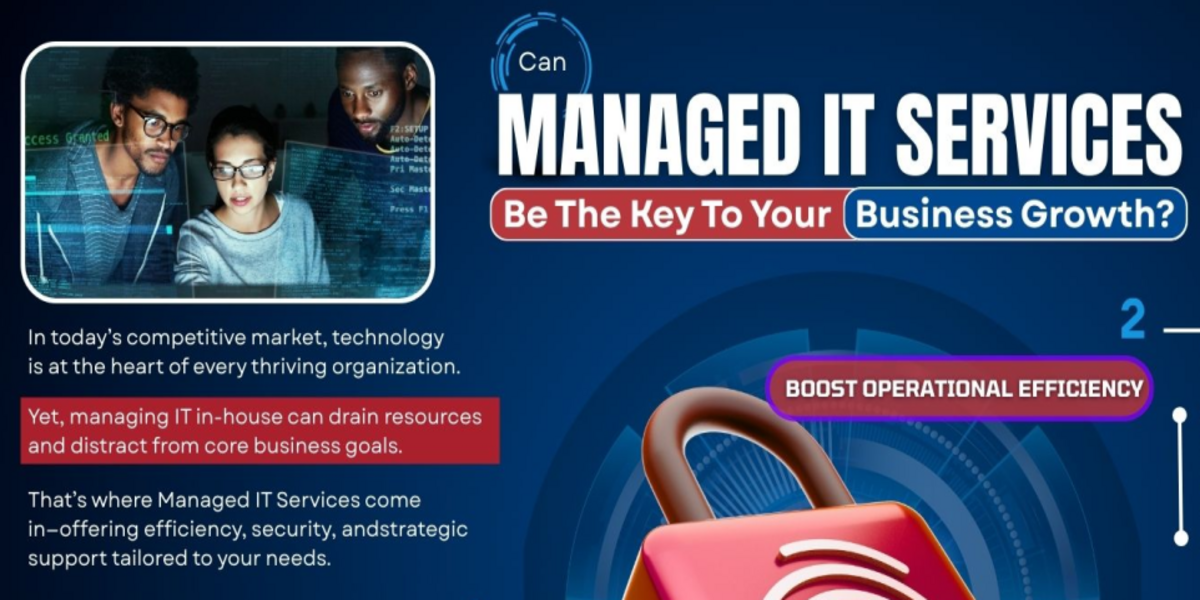Did you know that the FBI received 847,376 complaints regarding cyberattacks in 2021? Not only this. There were about US $7 billion in losses, and most of them targeted small businesses. The cyberattack landscape is changing rapidly. And so, the need for safeguarding digital operations and assets through cyber security is greater than ever and the time to act is now.
Keeping Your Business Cyber Hygienic
According to the FBI Supervisory Special Agent Michael Sohn, most of these attacks were avoidable. All these businesses needed to do was practice basic cyber hygiene.
Examples of Digital Assets
In short, they are the visual representation of your services, products, culture, and, ultimately, your brand and reputation.
There are numerous forms of digital assets. Here is a list of some of the more well-known ones:
- Videos
- Photos
- Documents
- Books
- Animations
- Music/audio
- Manuscripts
- Content
- Social media accounts
- Email accounts
- Illustrations
- Animations
- Logos
Some newer forms of digital assets have also emerged from blockchain and similar technologies. They include the following:
- Security tokens
- Cryptocurrency
- Crypto assets
- Tokens
- Nonfungible tokens
- Central Bank digital currencies
Digital assets have become such an integral part of our lives that more and more digital asset management services (DAMs) are emerging now. They secure businesses and provide them with tools to securely store, organize, and access digital assets.
What Are Some Basic Ways to Practice Cyber Hygiene?
Not Using the Same Password Across Multiple Accounts
What could possibly go wrong with using the same password everywhere? For instance, if a hacker determines the password for one email, they’re likely to use it for all of your existing accounts.
They may even try to access your bank accounts and payroll. Some of the best cybersecurity companies use reputable password managers to protect you from hackers.
Encrypting and Backing Up Data
One of the most basic mistakes businesses make is to leave their data unencrypted. There were more than $49.2 million in losses due to ransomware in just 2021. This calls for not only encrypting but also backing up your data offline regularly. This way, you’ll be able to access data even if it has been stolen.
The cost of not backing up your data is far greater than the convenience of not doing so. Oftentimes, businesses have no choice but to pay the ransom to cybercriminals.
Overseeing the IT Inventory
When it comes to determining why cyber security is important for business, not many people take this into account. What does it mean to oversee your IT inventory?
The ideal entails that you must know which user is accessing which software on which device. As an admin, you should know whenever there’s a detection of a risky piece of software.
Controlling User Permissions
According to a World Economic Forum report in 2022, 95% of cyber security issues occur due to human error. This is why you must figure out which individuals in your company have access to security-relevant settings.
However, assigning user permissions can be a tiring and time-consuming task. This is why businesses must use an IT management solution that assigns users to groups automatically.
Using Multi-Factor Authentication
Passwords are fantastic, but organizations should not solely rely on them to guard their data. Criminals would know their way around cracking passwords, even if you fulfilled all the safety requirements.
It’s imperative that users prove their identity using one or more additional verification factors. These could include entering one-time passwords (OTPs), multi-factor authentication (MFA) solutions, etc.
Answering personal security questions or using face or voice recognition are two additional verification settings. This is a simple technique among many other complex ones that the best cyber security companies in Canada utilize to increase the security of a company’s digital assets.
Use the Principle of “Least Privilege”
The “least privilege principle” is the new cyber security trend. According to this principle, you can only allow users to access resources that assist them in their roles. For instance, an accountant will only be able to access assets that help them complete their financial transactions.
Similarly, HR personnel can only access assets that help them perform their respective duties. The idea is to restrict access right for accounts and users to files that only help them accomplish assigned tasks according to their roles and responsibilities.
Educate Your Employees
Employees are the backbones of all businesses. They perform a number of essential tasks to pivot the business’ growth. However, completing tasks such as selling, marketing, and accounting requires them to access your digital assets.
So, your best bet is to train or educate your employees on how to protect those assets from cyber-attacks. We know how most attacks are a result of human error. However, some are also due to lack of knowledge. Some employees simply don’t know how to practice cyber hygiene or avoid risky activities. Hence, they need to be educated and trained.
They may simply not know why cyber security is important for business. Many people casually exchange passwords with each other and expose their digital assets to outsiders. Fortunately, there are many avenues you can use to train them.
You can start by holding meetings within the office vicinity. You can also consider hiring cyber security specialists to train them. The bottom line is no user access control, and data encrypting will protect your data if your employees are unaware of basic safety protocols
The Takeaway
Taking small steps to improve your cyber security can go a long way to protect your digital assets. However, the key is to first recognize how cyber hygiene practices are a must-have in any organization. In the absence of proper cyber hygienic practices, from viruses to ransomware, you can be at the receiving end of a number of threats.
As a professional organization, you must seek the services of a software development firm to ensure that your digital assets are in good hands. To make an informed decision, feel free to explore the services of some of the best cyber security companies in Canada.



